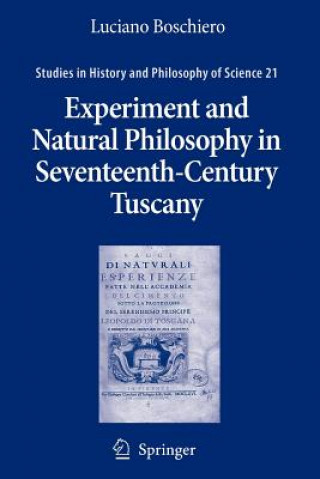
Kód: 01975727
Experiment and Natural Philosophy in Seventeenth-Century Tuscany
Autor Luciano Boschiero
The Accademia del Cimento (1657-1667) was the first institution in Europe purporting to use an experimental method in its scientific inquiries. According to some recent accounts, the Cimento belonged to a new culture of knowledge ... celý popis
- Jazyk:
 Angličtina
Angličtina - Vazba: Brožovaná
- Počet stran: 251
Nakladatelství: Springer, 2010
- Více informací o knize

7468 Kč

Skladem u dodavatele v malém množství
Odesíláme za 12-15 dnů
Potřebujete více kusů?Máte-li zájem o více kusů, prověřte, prosím, nejprve dostupnost titulu na naši zákaznické podpoře.
Přidat mezi přání
Mohlo by se vám také líbit
-

Quiet Strength
486 Kč -

Aging 2000: Our Health Care Destiny
2258 Kč -

On the Street Where You Live
255 Kč -
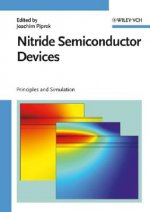
Nitride Semiconductor Devices
6510 Kč -
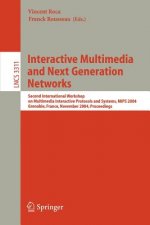
Interactive Multimedia and Next Generation Networks
1681 Kč -
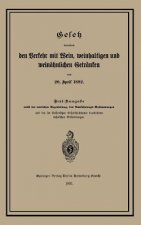
Gesetz Betreffend Den Verkehr Mit Wein, Weinhaltigen Und Weinahnlichen Getranken Vom 20. April 1892
1830 Kč -

Manuell belichten mit der Digitalkamera
263 Kč
Dárkový poukaz: Radost zaručena
- Darujte poukaz v libovolné hodnotě a my se postaráme o zbytek.
- Poukaz se vztahuje na celou naši nabídku.
- Elektronický poukaz vytisknete z e-mailu a můžete ihned darovat.
- Platnost poukazu je 12 měsíců od data vystavení.
Více informací o knize Experiment and Natural Philosophy in Seventeenth-Century Tuscany
Nákupem získáte 747 bodů
 Anotace knihy
Anotace knihy
The Accademia del Cimento (1657-1667) was the first institution in Europe purporting to use an experimental method in its scientific inquiries. According to some recent accounts, the Cimento belonged to a new culture of knowledge making that abandoned the practice of constructing theories in favour of a programme that simply accumulated matters of fact , free from theoretical arguments and speculations.§However, while the Cimento, led by Tuscany s Prince Leopoldo de Medici, created a persuasive experimental rhetoric, in actuality the academicians continued to construct experiments and interpret their results on the basis of their theoretical aims and their broader interests in natural philosophy.§This analysis begins by examining the use of experiments, mathematics, and natural philosophy in seventeenth-century Italy. Once these topics are clearly defined, it becomes easier to understand the intellectual interests and motivations of each of the Cimento s members. Case studies regarding the Cimento s work on air-pressure, the vacuum, the freezing process, and the properties and effects of heat and cold, reveal the group s natural philosophical skills, commitments, and agendas. Meanwhile, in an attempt to avoid religious pressure and to maintain an uncontroversial reputation for the academy, Leopoldo censored the academicians from publicly expressing their views on a number of issues.§The purpose of this work is to counter historiographies that search for the origins of modern science within the experimental practices of Europe s first scientific institutions, such as the Cimento. It proposes that we should look beyond the experimental rhetoric found in published works, to find that the Cimento academicians were participants in a culture of natural philosophical theorising that existed throughout Europe.This work counters historiographies that search for the origins of modern science within the experimental practices of Europe s first scientific institutions, such as the Cimento. It proposes that we should look beyond the experimental rhetoric found in published works, to find that the Cimento academicians were participants in a culture of natural philosophical theorising that existed throughout Europe.The Accademia del Cimento (1657-1667) was the first institution in Europe purporting to use an experimental method in its scientific inquiries. According to some recent accounts, the Cimento belonged to a new culture of knowledge making that abandoned the practice of constructing theories in favour of a programme that simply accumulated matters of fact , free from theoretical arguments and speculations. §However, while the Cimento, led by Tuscany s Prince Leopoldo de Medici, created a persuasive experimental rhetoric, in actuality the academicians continued to construct experiments and interpret their results on the basis of their theoretical aims and their broader interests in natural philosophy.§This analysis begins by examining the use of experiments, mathematics, and natural philosophy in seventeenth-century Italy. Once these topics are clearly defined, it becomes easier to understand the intellectual interests and motivations of each of the Cimento s members. Case studies regarding the Cimento s work on air-pressure, the vacuum, the freezing process, and the properties and effects of heat and cold, reveal the group s natural philosophical skills, commitments, and agendas. Meanwhile, in an attempt to avoid religious pressure and to maintain an uncontroversial reputation for the academy, Leopoldo censored the academicians from publicly expressing their views on a number of issues.§The purpose of this work is to counter historiographies that search for the origins of modern science within the experimental practices of Europe s first scientific institutions, such as the Cimento. It proposes that we should look beyond the experimental rhetoric found in published works, to find that the Cimento academicians were participants in a culture of natural philosophical theorising that existed throughout Europe.
 Parametry knihy
Parametry knihy
Zařazení knihy Knihy v angličtině Humanities Philosophy History of Western philosophy
7468 Kč
- Plný název: Experiment and Natural Philosophy in Seventeenth-Century Tuscany
- Podnázev: The History of the Accademia del Cimento
- Autor: Luciano Boschiero
- Jazyk:
 Angličtina
Angličtina - Vazba: Brožovaná
- Počet stran: 251
- EAN: 9789048175819
- ISBN: 904817581X
- ID: 01975727
- Nakladatelství: Springer
- Hmotnost: 406 g
- Rozměry: 235 × 155 × 14 mm
- Datum vydání: 19. November 2010
Oblíbené z jiného soudku
-

Meditations
265 Kč -

The Myth of Sisyphus
169 Kč -

Why I Am so Clever
90 Kč -

Meditations
410 Kč -

Republic
282 Kč -

Beyond Good and Evil
258 Kč -

Gay Science
314 Kč -

Aphorisms on Love and Hate
90 Kč -
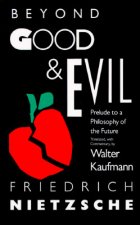
Beyond Good & Evil
355 Kč -
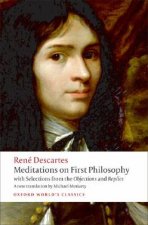
Meditations on First Philosophy
256 Kč -
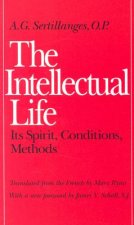
Intellectual Life
454 Kč -

Socrates' Defence
90 Kč -
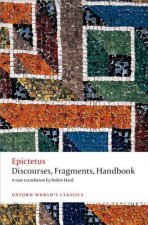
Discourses, Fragments, Handbook
306 Kč -

Ride the Tiger
492 Kč -

Thus Spoke Zarathustra
286 Kč -

Fear and Trembling
276 Kč -
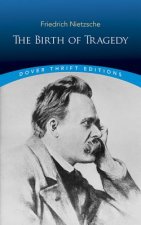
Birth of Tragedy
90 Kč -
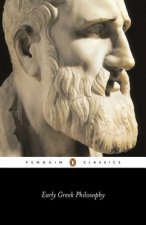
Early Greek Philosophy
357 Kč -
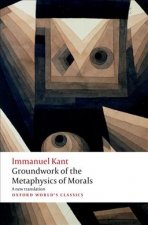
Groundwork for the Metaphysics of Morals
276 Kč -
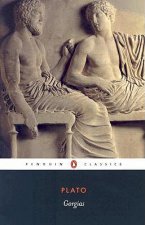
Gorgias
232 Kč -
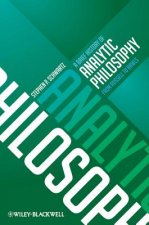
Brief History of Analytic Philosophy - From Russell to Rawls
955 Kč -
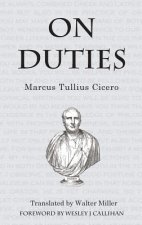
On Duties
322 Kč -

Discourses and Selected Writings
306 Kč -

Nicomachean Ethics
136 Kč -

Nausea
276 Kč -

Letters from a Stoic
276 Kč -

Meditations
505 Kč -

Simulacra and Simulation
544 Kč -

Phenomenology of Spirit
549 Kč -

Twilight of the Idols with The Antichrist and Ecce Homo
136 Kč -
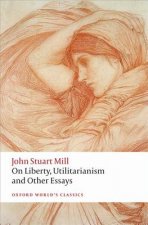
On Liberty, Utilitarianism and Other Essays
223 Kč -
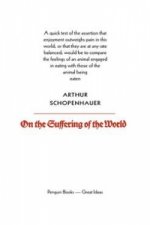
On the Suffering of the World
196 Kč -

Human Condition
514 Kč -

On the Shortness of Life
234 Kč -

Existentialism Is a Humanism
212 Kč -

Think
324 Kč -

Guide to the Good Life
434 Kč -
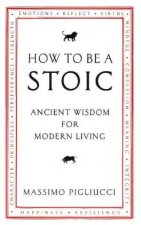
How To Be A Stoic
441 Kč -

The Symposium
235 Kč -

Human, All Too Human & Beyond Good and Evil
136 Kč -

At The Existentialist Cafe
277 Kč -
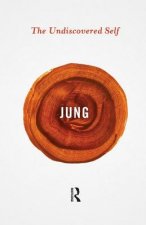
Undiscovered Self
708 Kč -
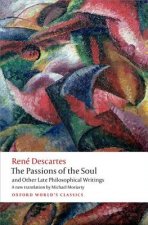
Passions of the Soul and Other Late Philosophical Writings
303 Kč -

The Trouble With Being Born
306 Kč -
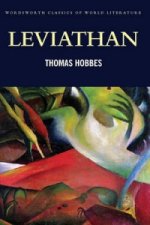
Leviathan
136 Kč -
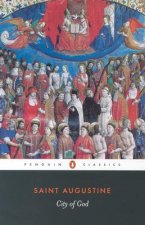
City of God
452 Kč -

Ecce Homo
249 Kč -
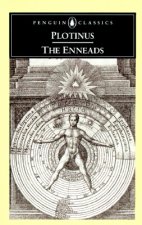
Enneads
382 Kč -
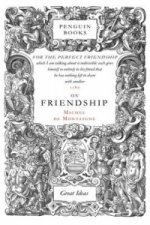
On Friendship
196 Kč
Osobní odběr Praha, Brno a 12903 dalších
Copyright ©2008-24 nejlevnejsi-knihy.cz Všechna práva vyhrazenaSoukromíCookies


 Vrácení do měsíce
Vrácení do měsíce 571 999 099 (8-15.30h)
571 999 099 (8-15.30h)